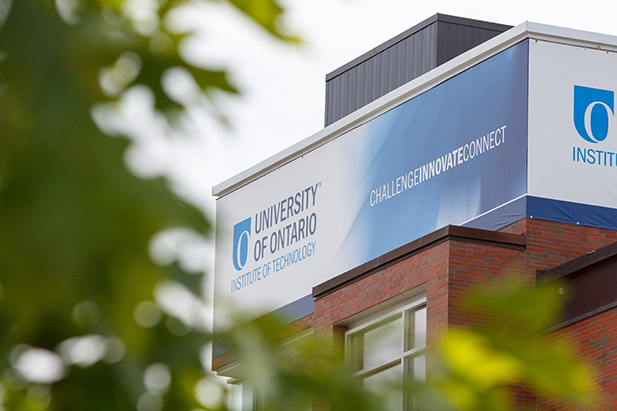Our university’s commitment to maintain a safe, healthy campus
September 15, 2017

The start of an academic year offers a chance to remind our campus community about our collective responsibility to uphold the policies and procedures created to maintain a healthy and safe learning, living, social, recreational and working environment, particularly as it relates to sexual violence.
The University of Ontario Institute of Technology opposes all forms of sexual violence, and relies on all members of our community—students, faculty and staff—to work together to prevent sexual violence at the university.
The university’s stand against sexual violence drives the sexual violence policies and procedures established through a consultative process earlier this year. We prioritize support for an individual who has experienced sexual violence no matter where or when it happened. We provide education and training to promote a culture of consent, as well as a culture where community members understand their role in preventing sexual violence and feel empowered to intervene to support other members of the community.
The university's Sexual Violence Support and Education website has information on the supports that are available to those who experience sexual violence, and on the university’s initiatives aimed at helping everyone recognize the role they have in helping to prevent sexual violence and supporting those who have experienced sexual violence.
If you or someone you know has experienced sexual violence, listen actively and with empathy to what the individual is willing to share, believe and support them, and connect them to a Support Worker on campus (call 905.721.3392, or email studentlifeline@uoit.ca).
Sexual violence is a societal concern. Governments, the judiciary and law enforcement leaders continue to search for ways they can make our communities safer, and for ways to better support those affected by violence while running fair investigation and decision-making processes. Universities, like ours, share that commitment and continue to play an appropriate role by creating safe and respectful study and working environments, by focusing on support for those affected and by continuously improving our processes.



